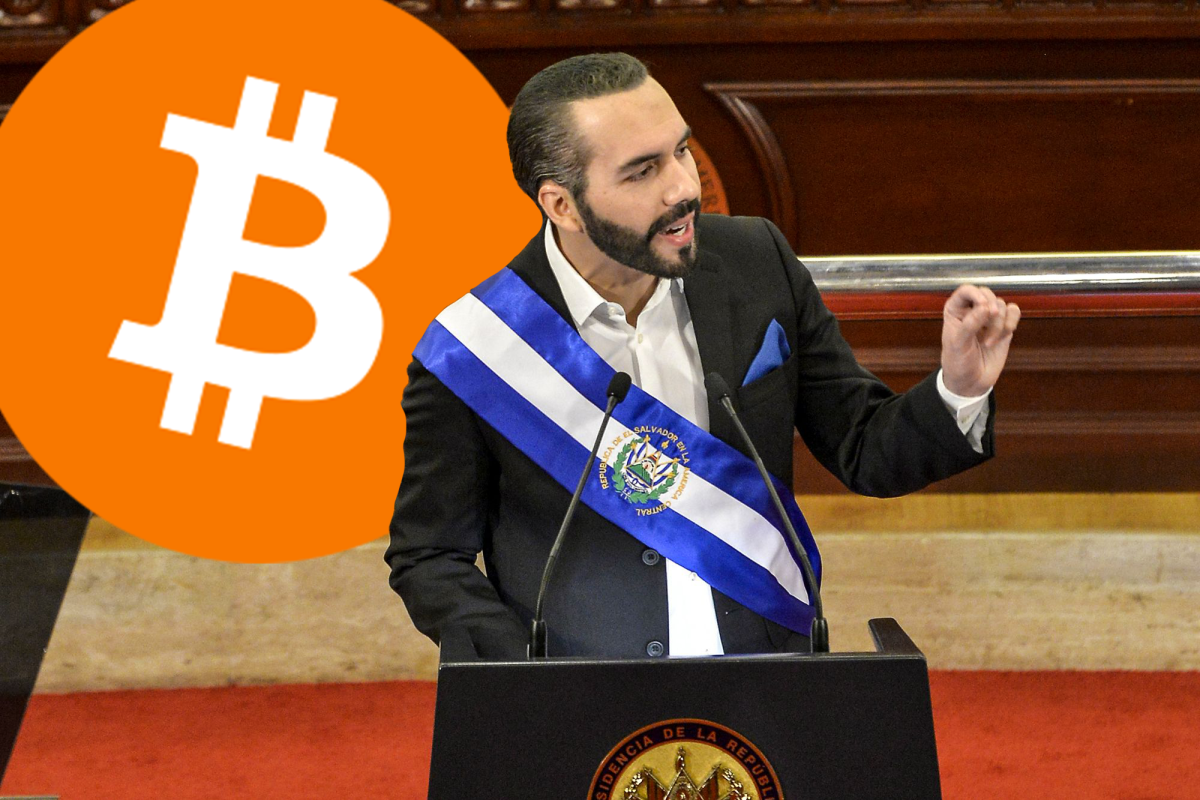The International Monetary Fund (IMF) is reportedly demanding changes to El Salvador’s Bitcoin-friendly laws, hindering the country’s attempts to secure a $1.4 billion credit line, Infobae reports.
NEW: 🇸🇻 IMF reportedly calls for change in El Salvador. #Bitcoin $1.4 billion support bill.
I’m scared 🙌 pic.twitter.com/vmqhts5dCY
— Bitcoin Magazine (@BitcoinMagazine) April 12, 2024
El Salvador made history in 2021 by adopting Bitcoin as a legal tender under President Nayib Bukele. Since then, the country has invested heavily in Bitcoin, increased its Bitcoin reserves, mined BTC, and launched education initiatives.
However, the IMF opposed the Bitcoin law during loan negotiations with El Salvador, which needs financing to repay its debt and obligations. The IMF’s demands to limit Bitcoin’s scope in the country have stalled discussions for nearly two years.
Bitcoin’s “risks” remain a key issue in discussions with El Salvador, according to the IMF’s communications director Julie Kozack on Thursday. The IMF has previously cited financial soundness and stability concerns for Bitcoin.
The fund’s opposition highlights conflicts over the future of money and payments. Bukele sees Bitcoin as an innovative solution for financial inclusion, but the IMF remains wary of Bitcoin’s volatility and decentralized nature, as well as threats to its dominance.
Despite the pressure, El Salvador has remained steadfast in its commitment to Bitcoin. The country has invested over $150 million in BTC reserves and continues to purchase more. Bukele also promised to buy 1 BTC every day.
The IMF loan impasse has left El Salvador in a difficult financial situation. The IMF is exerting influence on the poor country by linking changes to El Salvador’s Bitcoin laws with access to loans. But Bukele appears to be refusing to back down on Bitcoin, creating an ideological tug-of-war.
El Salvador’s pioneering adoption of Bitcoin marked a shift toward decentralization and self-determination. Calls to repeal the Bitcoin law undermine the nation’s monetary sovereignty.
This stalemate demonstrates Bitcoin’s disruptive potential to reshape global finance. Although risky for El Salvador in the short term, Bukele’s Bitcoin bet could pay dividends in the long term.

